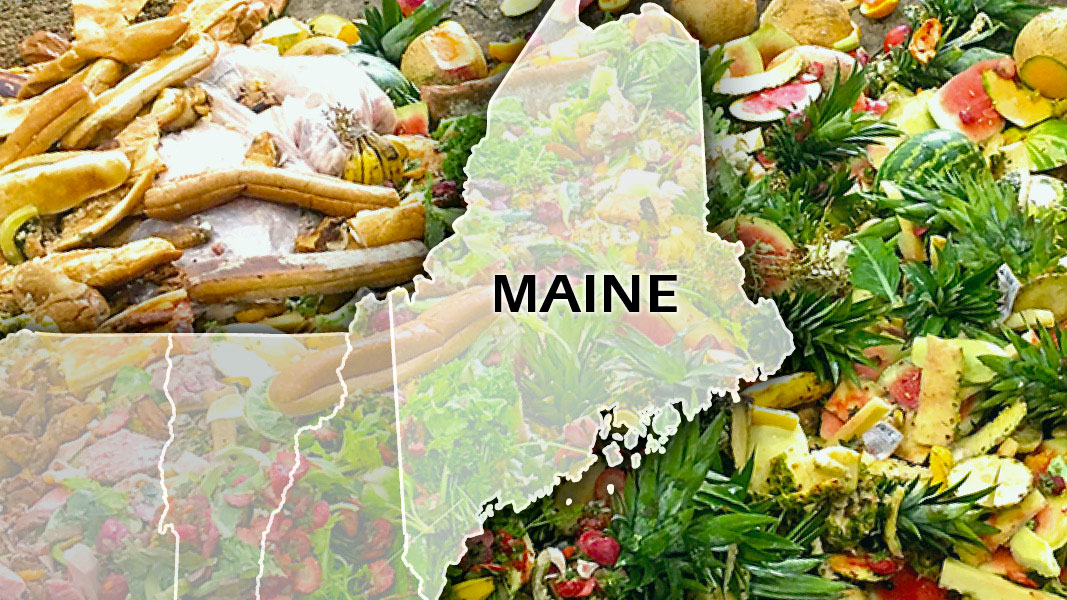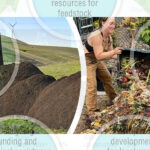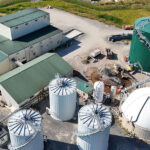In March, a group of Maine legislators introduced a bill proposing a food waste disposal ban. LD 1065, An Act Regarding the Reduction and Recycling of Food Waste, is similar to what these legislators proposed in 2024, which passed both legislative chambers but was not ultimately funded. LD 1065 requires generators of more than 2 tons/week on average to stop disposing of food waste via landfill or incineration by July 1, 2027, provided they are within 20 miles of an organics recycling facility with capacity to accept the generator’s food waste. Starting March 1, 2028, “designated food waste generators” (those subject to the disposal ban) must report annually on food waste generated, donated and recycled. On July 1, 2029, generators of more than 1 ton/week of food waste on average that are located within 25 miles of an organics recycling facility would be banned from disposing of food waste via landfill or incineration. Not earlier than July 1, 2032, the Maine Department of Environmental Protection (DEP) may adopt rules reducing the food waste amounts and proximity to organics recycling to include more generators.
The proposed legislation directs “designated food waste generators” to prioritize the reduction of food waste and the separation and donation of “edible excess food” before sending food waste to “agricultural use” (including feeding animals), composting, or anaerobic digestion with energy recovery and application of digestate to soils. When similar legislation was introduced in March, 2024, the DEP acknowledged the good intentions but opposed the bill, citing insufficient staff to ensure compliance and a lack of organics collection and recycling infrastructure in the state. Since then, DEP released Maine’s first “Food Loss and Waste Generation Study,” which found that over 360,000 tons of food is lost or wasted in the state each year. Later in 2024, the Maine Climate Council released an update to the state’s climate action plan, calling for a 50% reduction of food loss and waste by 2030. Maine is the only state in New England without a food waste disposal ban on the books.













